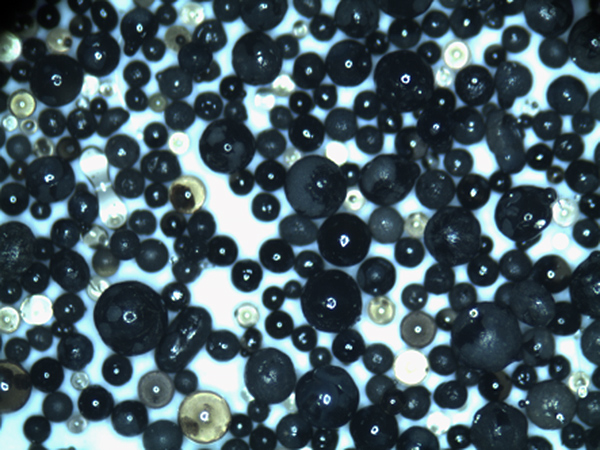Understanding Sand for Metal Casting
Sand casting, one of the oldest and most widely used metalworking processes, relies heavily on the quality and characteristics of the sand used in making molds. The choice of sand can significantly influence the quality and precision of the final cast product. This article delves into the various types of sand used for metal casting, its properties, and its significance in the casting process.
Understanding Sand for Metal Casting
In addition to silica, other types of sands are also utilized based on specific requirements. For instance, ceramic sand, which is produced by fusing clay minerals, is gaining popularity for its superior properties such as lower thermal expansion and enhanced strength. On the other hand, olivine sand, composed of magnesium iron silicate, offers good thermal resistance and is also chemically inert, making it suitable for high-quality castings.
sand for metal casting

One of the critical aspects of using sand for metal casting is the binder system, which helps hold the sand grains together to form a stable mold. Common binders include clay, which is mixed with sand to create a cohesive mixture, and chemical binders, which are activated by heat or moisture. The right binder choice is crucial as it impacts the mold strength, flexibility, and the final surface finish of the cast product.
Moreover, the moisture content of the sand mixture plays a significant role in determining the mold properties. A precise balance must be maintained, as excess moisture can lead to defects such as gas porosity and surface imperfections in the final product.
Overall, the selection of the appropriate sand and its preparation are vital components of the metal casting process. Understanding the different types of sand, their properties, and how they interact with other materials is essential for achieving the desired casting results. As technology advances, innovations in sand technology are likely to improve casting processes, leading to more efficient and high-quality production methods across various industries.
Post time:सप्टेंबर . 12, 2024 12:39
Next:Buy Sand Casting | High-Quality Custom Sand Casting Solutions
